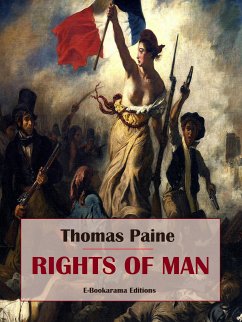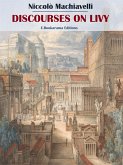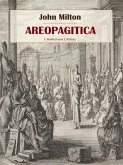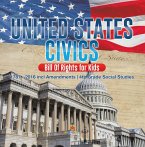Thomas Paine, best known for his works "Common Sense" (1776) and "The American Crisis" (1776-1783), turns his attention to the French Revolution in "Rights of Man". The book was written during a two-year period, during which Paine participated in the revolution as a member of the French National Assembly. "Rights of Man" comprises several books that transcend the revolution by examining the nature of human rights and the potential for nations to secure peace through the adoption of governments based on these rights. These discussions make the book an object of continuing interest. "Rights of Man" is both a response to a criticism of the French Revolution and a discussion of governing principles that explain why a constitutional republic is the best possible form of government. Thomas Paine's "Rights of Man" is one of the great political tracks of history.
Dieser Download kann aus rechtlichen Gründen nur mit Rechnungsadresse in A, B, BG, CY, CZ, D, DK, EW, E, FIN, F, GR, HR, H, IRL, I, LT, L, LR, M, NL, PL, P, R, S, SLO, SK ausgeliefert werden.









